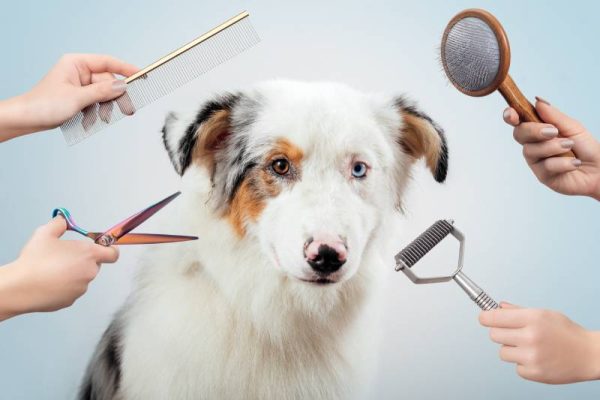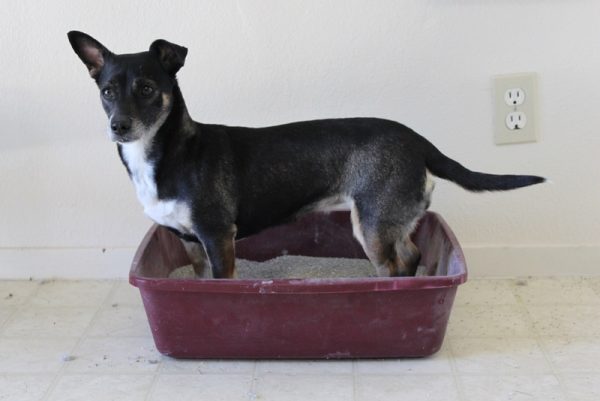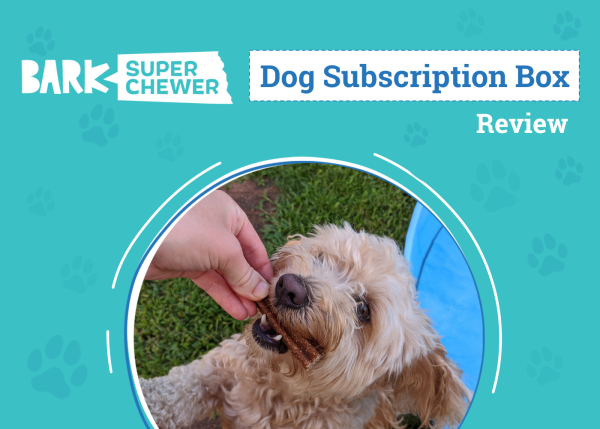Whether you’re going on a trip out of town or working long hours, a dog walker can be an immense help with making sure your dog gets enough potty breaks and physical exercise. Exactly how to go about hiring them and what you should ask is a whole other can of worms, though. Image By
To help clear up any confusion you might have on the topic, we’ve written a comprehensive step-by-step guide that covers everything you need to know to hire the perfect dog walker.

Before You Begin
Before you start contacting dog walkers, you’ll need to establish what your needs are. Let’s briefly review what to hash out before you start looking for dog walkers in your city.
- Budget: How much are you willing to spend on a dog walker? Rates vary widely based on your location, but you should be able to find a baseline hourly rate you can work with.
- When: Write down the days and hours you’ll be hiring the dog walker, as well as the total duration you’ll be hiring them for quick accounting on both sides.
- Where: Establish the desired route for the dog walker. Be prepared to be flexible, as this may vary based on your location and the dog walker’s operating radius.
- About your dog: Write down information about their breed, personality, and information about how they behave on walks. Are they hyperactive and eager to sniff around, or brisk and businesslike?
- Special requirements: Consider any important medications, health problems, mobility accommodations, training instructions, and anything else the dog walker needs to know about your dog.
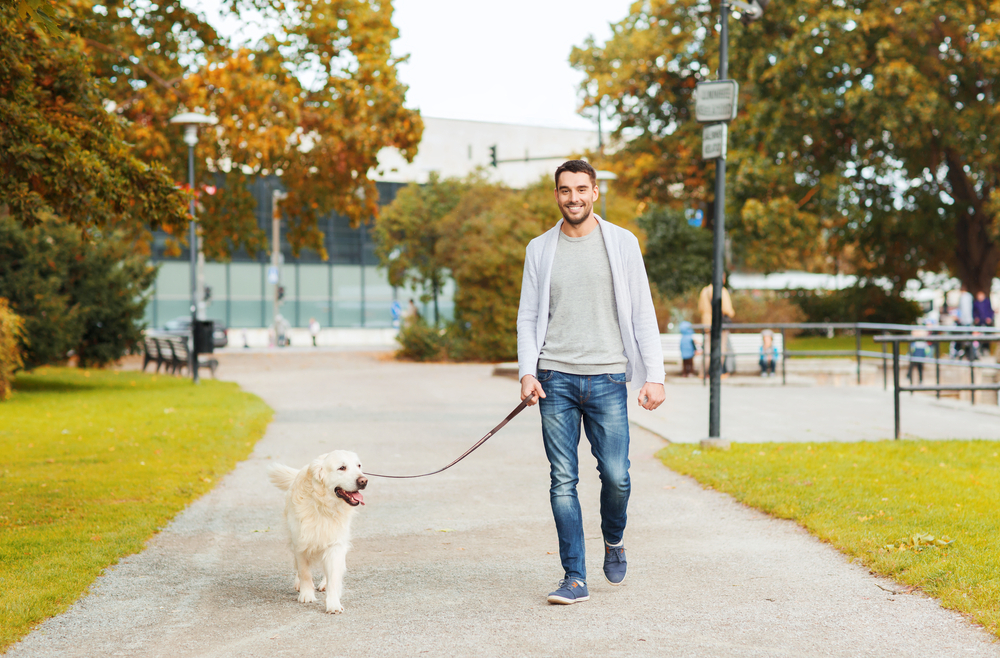
The 5 Steps to Hire a Dog Walker
1. Research Dog Walkers in Your Area
First things first, start by asking family, friends, and your veterinarian for recommendations. With any luck you can find a dog walker that one of these trusted sources has used firsthand. If this is a dead end, start by Googling dog walkers and pet-sitting services near you. Make sure to visit websites and read as many reviews as possible.
Tips for Finding a Dog Walker Near You:
- Get recommendations from someone with firsthand experience if possible
- Consult dog-centric social media communities in your area for highly rated recommendations.
- Take advantage of review sites, like Yelp and Nextdoor, which allow previous clients to share their experience with you and whether they recommend a particular business.
- Make sure a dog walker provides the specific service you need—some are also pet sitters, some only walk dogs, and some even offer boarding/kennel services.
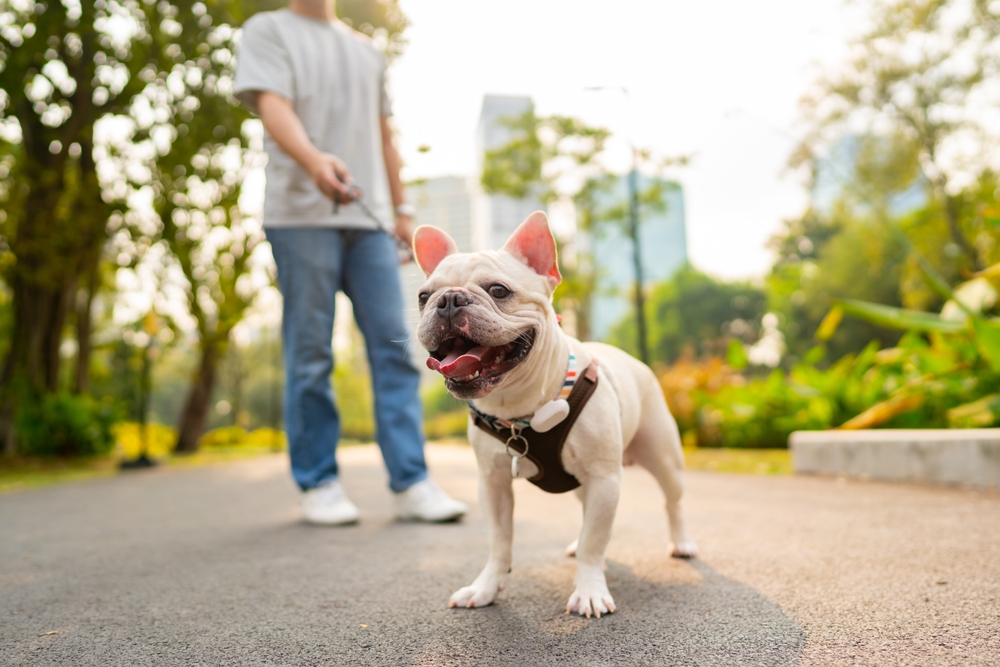
2. Ask for Credentials
When you contact a dog-walking service, you should ask if they’re insured, bonded, and/or licensed in your area by any applicable state or local laws. Most places don’t require a particular dog-walking license but do require dog walkers to register as a business entity. Next, check if the dog walker is insured and/or bonded. What this means is that they’ve purchased a dog-walker insurance policy that covers a variety of common damages and liabilities.
Dog Walking Insurance Typically Covers:
- General liability: Protects the dog walker from expensive third-party property and bodily injury costs incurred by clients’ dogs.
- Care, custody, and control: Also called CCC, this covers financial costs in case something happens to a client’s dog, from injury, sickness, and even death in extreme cases.
- Key coverage: Pays for costs incurred if the dog walker loses your key or if your key is damaged.
- Equipment coverage: Covers costs of equipment like leashes, collars, harnesses, crates, and so on. Ask if this covers your equipment!
- Vehicle coverage: Pays for costs incurred if the dog walker has an accident, including damage to their vehicle and medical expenses if your dog is injured.
3. Meet With Potential Dog Walkers
Your next step is to schedule meetings with your shortlist of prospective dog walkers. Bring your dog, too! This is a valuable opportunity to see how the dog walker interacts with your dog and vice versa. Your meeting should be at a neutral public location where you can assess how well the dog walker handles your dog on and off the leash. The dog walker should be kind and understand foundational concepts like positive reinforcement, and your dog should respond well to them.
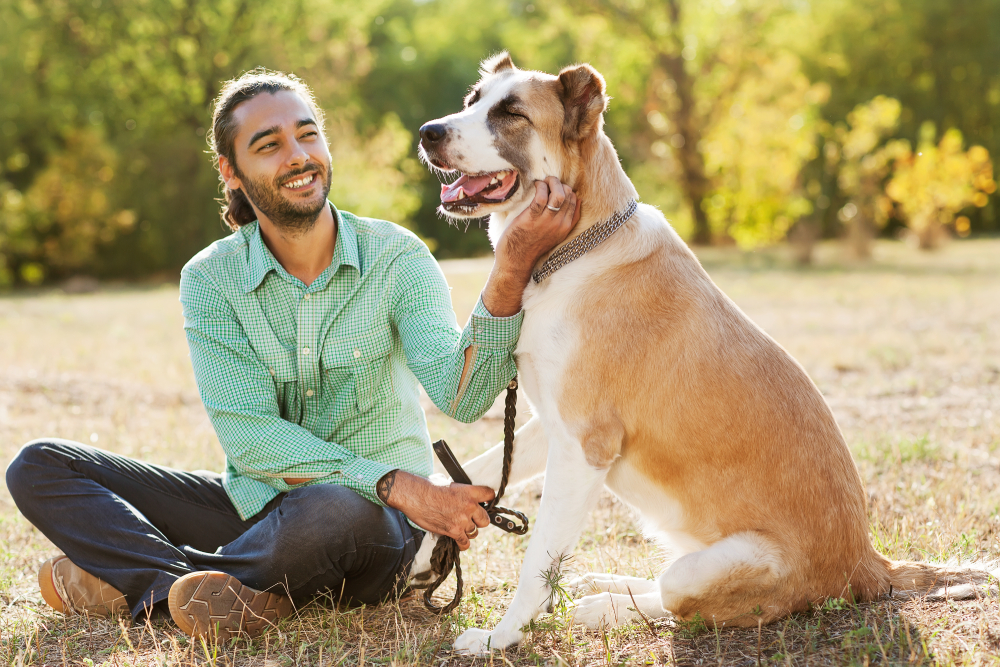
4. Ask a Lot of Questions!
During your meetings with dog walkers, you should be asking any and all questions that come to mind. But where to start? There’s so much to cover! Take a breath and look at our list below of the most important questions you should be asking.
Questions to Ask a Dog Walker:
- “Who will walk my dog?”: Since companies may employ multiple dog walkers, make sure you know exactly who will be walking your dog. Meet them in advance, if possible, as per the last section.
- “What kind of experience do you have?”: Your dog walker should have a respectable amount of dog-handling experience. Make sure to ask if they have experience with your dog’s breed.
- “What are your qualifications?”: Even if you’ve researched them, you should ask the walker firsthand.
- “Are you trained in canine first aid?”: There’s no one-size-fits-all credential proving this, but your dog walker should own a canine first aid kit and know what to do in the event your dog has a medical emergency like heatstroke.
- “How long are your walks?”: Hourly rates are standard, but sometimes you can get a discount by paying ahead or for specials offered by the business.
- “Do you walk other dogs?”: Many dogs are happy to socialize with other dogs on group walks, but solo walks for grumpy loner dogs will cost more.
- “What’s your off-lead policy?”: Some dog walkers exclusively offer on-leash walks due to liability reasons, but others may offer off-lead services like group play at a dog park.
- “Where are your walks?”: The location should be within a reasonable distance from your home and in an area you’re comfortable with.
- “How will my dog be transported?”: Group walks may require the dog walker to transport your dog in a car, possibly with other dogs. Make sure you find out ahead of time.
- “What are your cancellation and late return policies?”: Dog walkers strive to walk all their clients’ dogs on schedule, but cancellations or late returns can throw a wrench into things.
- “What payment methods do you accept?”: Cash is sometimes accepted, while card and app-based payments are often preferred so that there’s a clear paper trail for your transaction.
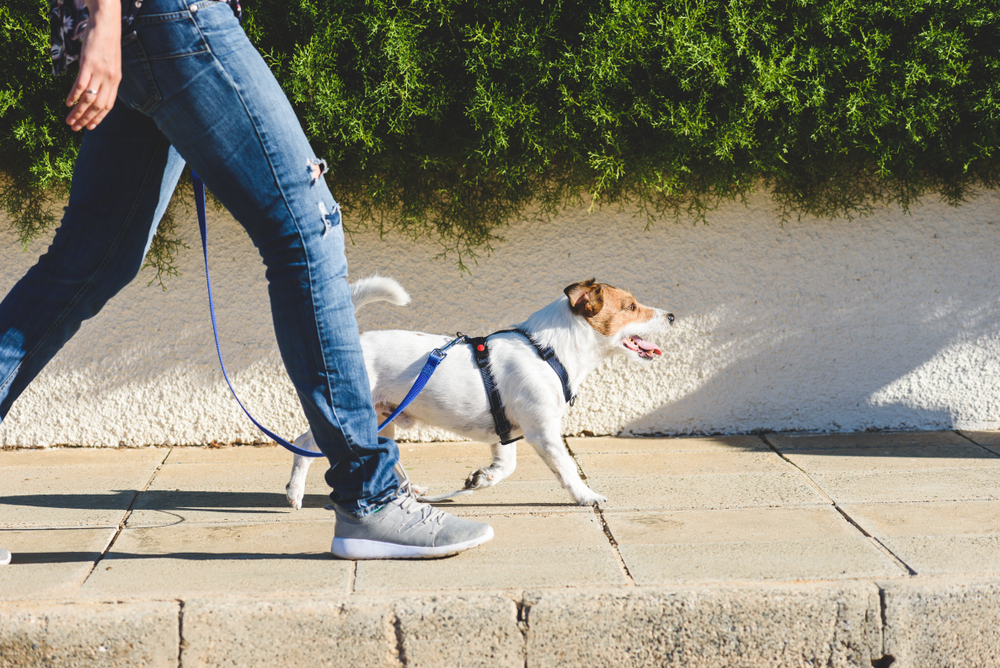
5. Ask to Go on a Trial Walk
Finally, you should ask your prospective dog walker if you can join them on a trial walk to see how well they handle your dog and other dogs in their care. They should be attentive and firm, as well as demonstrate proper dog-handling techniques. This means they know how to handle a leash, ignore bad behavior, and reinforce calm behavior for dogs in their care. If you’re satisfied with your trial walk, congratulations! You’ve found your new dog walker.

Conclusion
Hiring a dog walker can be confusing, especially if you’ve never done it before. As you can see above, though, it mostly boils down to knowing what to look for and the right questions to ask. Research a variety of dog walkers in your area, write down a shortlist of the best, and proceed to ask them the questions detailed above. There are some shady dog walkers, but with patience and a discerning eye, you’ll find a great candidate in no time.
Featured Image Credit: mimagephotography, Shutterstock



